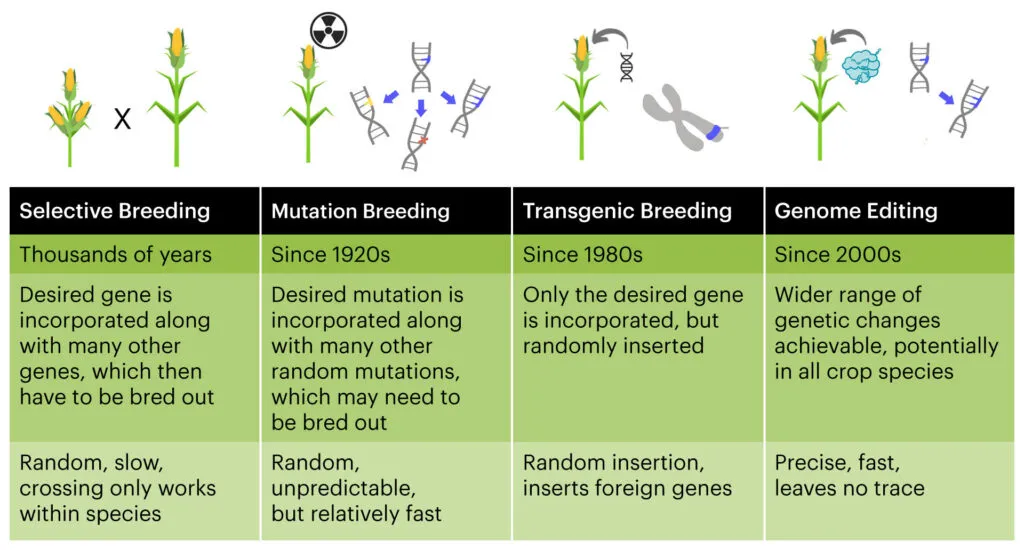In the ever-evolving landscape of agricultural technology, a groundbreaking study published in *Crop Design* has unveiled a promising avenue for enhancing rapeseed crops. Researchers, led by Yanjing Xu from the Institute of Crop Science at Zhejiang University, have successfully manipulated the BnCOP1 genes in rapeseed, resulting in significant improvements in multiple agronomic traits. This discovery could potentially revolutionize the agriculture sector, offering new possibilities for crop enhancement and yield optimization.
The study focuses on the genetic manipulation of BnCOP1 genes, which play a crucial role in plant development and stress responses. By tweaking these genes, the research team observed notable enhancements in traits such as plant architecture, seed size, and overall biomass. These improvements are not just incremental; they represent a substantial leap forward in our understanding of how genetic manipulation can be harnessed to boost crop performance.
“Our findings demonstrate that precise genetic editing of BnCOP1 genes can lead to significant improvements in rapeseed’s agronomic traits,” said lead author Yanjing Xu. “This opens up new avenues for developing high-yielding and resilient rapeseed varieties that can thrive in various environmental conditions.”
The commercial implications of this research are profound. Rapeseed is a vital crop, not only for its oil but also for its role in animal feed and biofuel production. Enhancing its agronomic traits can lead to higher yields, better quality, and increased resistance to environmental stresses. This, in turn, can translate into substantial economic benefits for farmers and the agriculture industry as a whole.
Moreover, the techniques employed in this study are not limited to rapeseed. The principles of genetic manipulation of BnCOP1 genes can be applied to other crops, paving the way for a new era of agricultural innovation. As the global population continues to grow, the demand for food and biofuels is expected to rise. This research offers a promising solution to meet these challenges by improving crop productivity and sustainability.
The study published in *Crop Design*, led by Yanjing Xu from the Institute of Crop Science at Zhejiang University, represents a significant milestone in the field of agritech. It underscores the potential of genetic manipulation to enhance crop traits and highlights the importance of continued research in this area. As we look to the future, the insights gained from this study could shape the development of next-generation crops, ensuring food security and economic stability for years to come.

